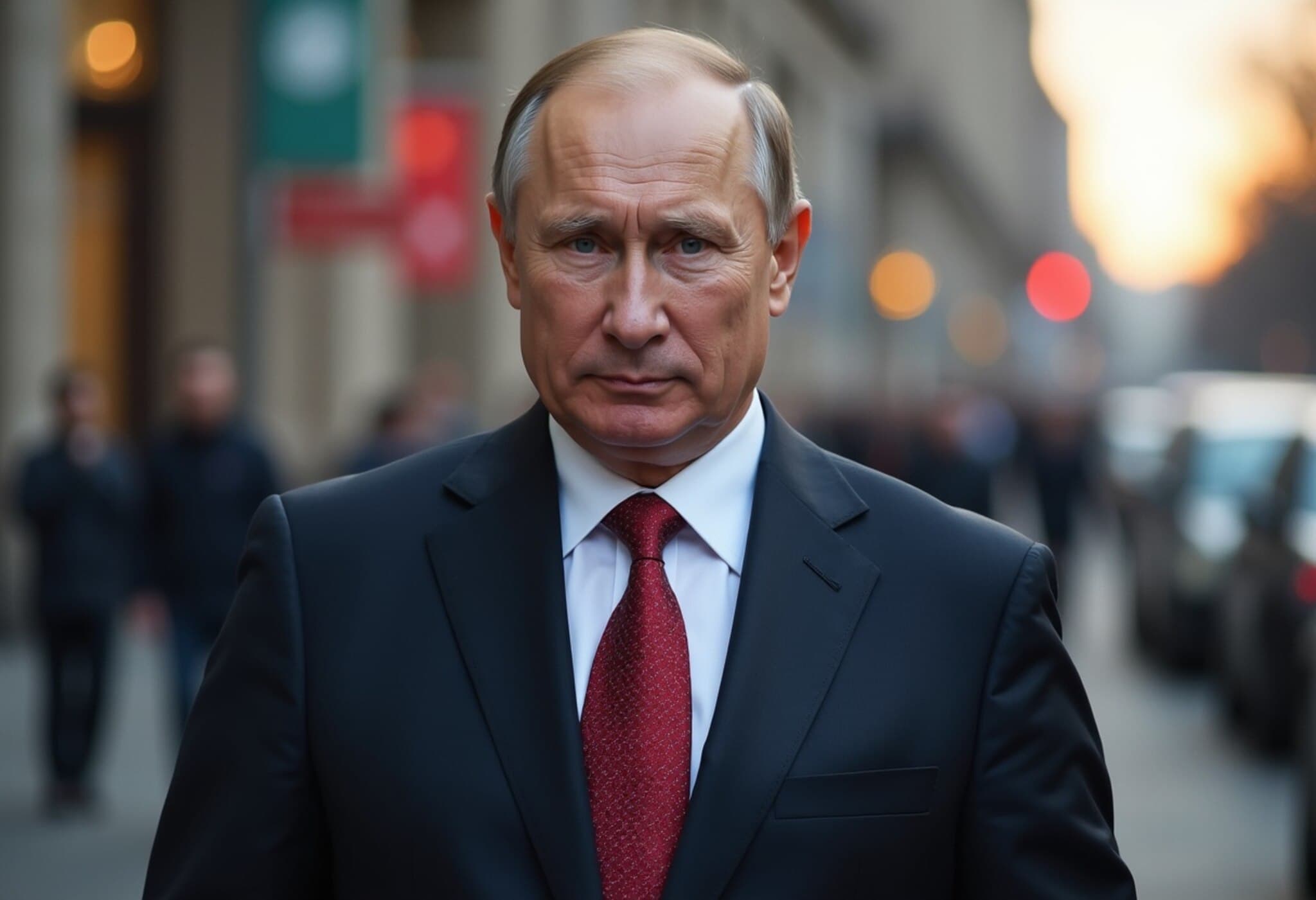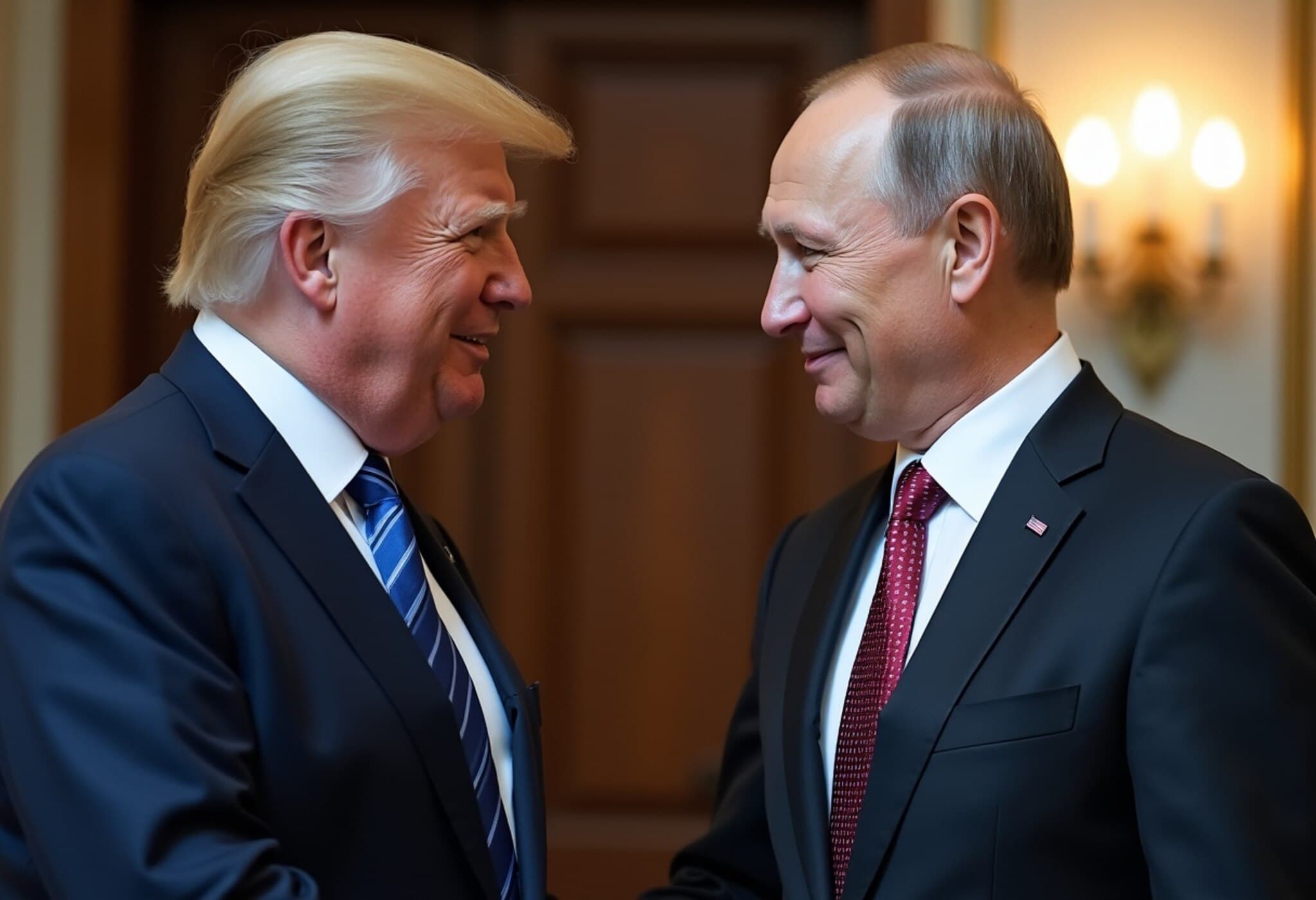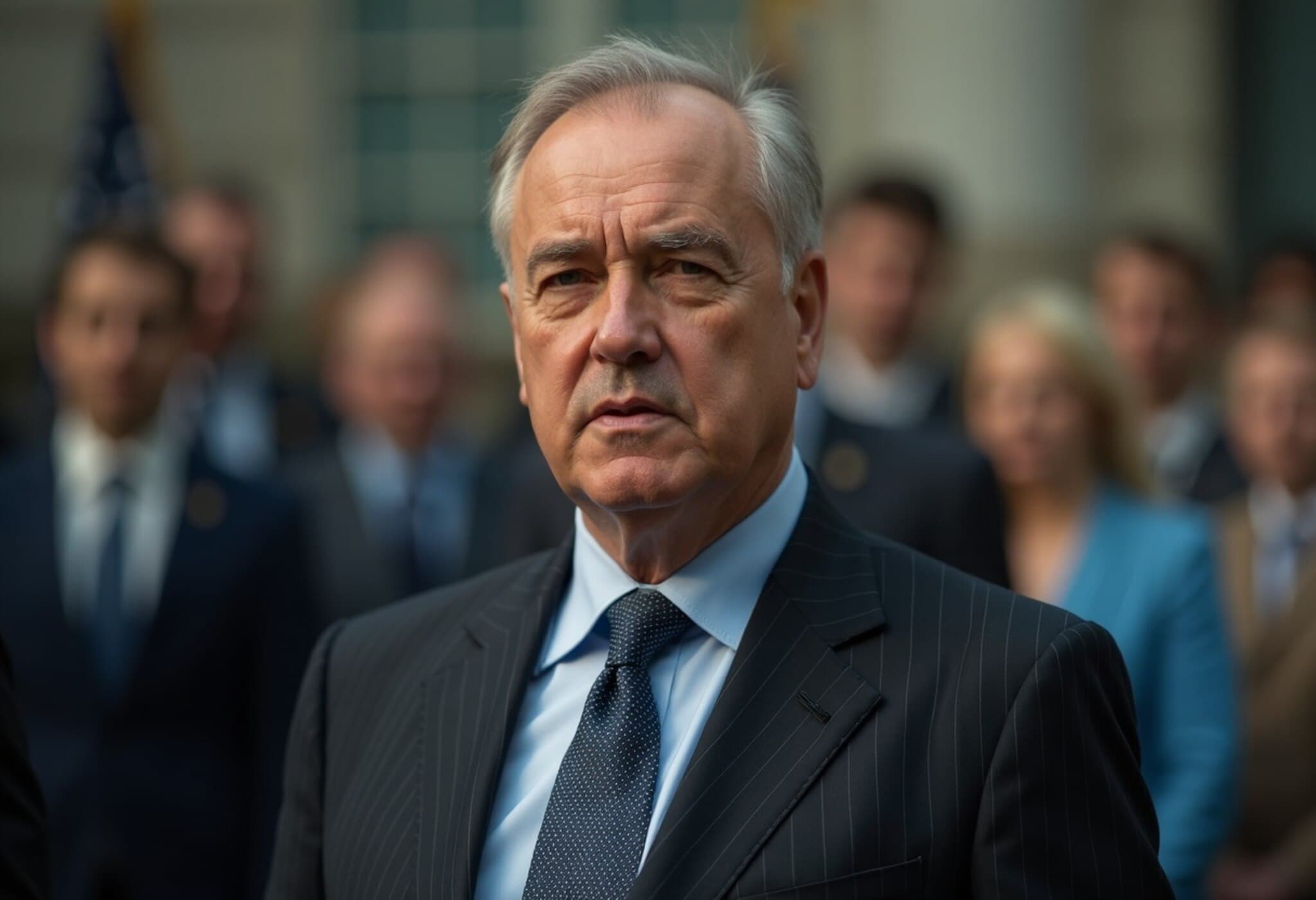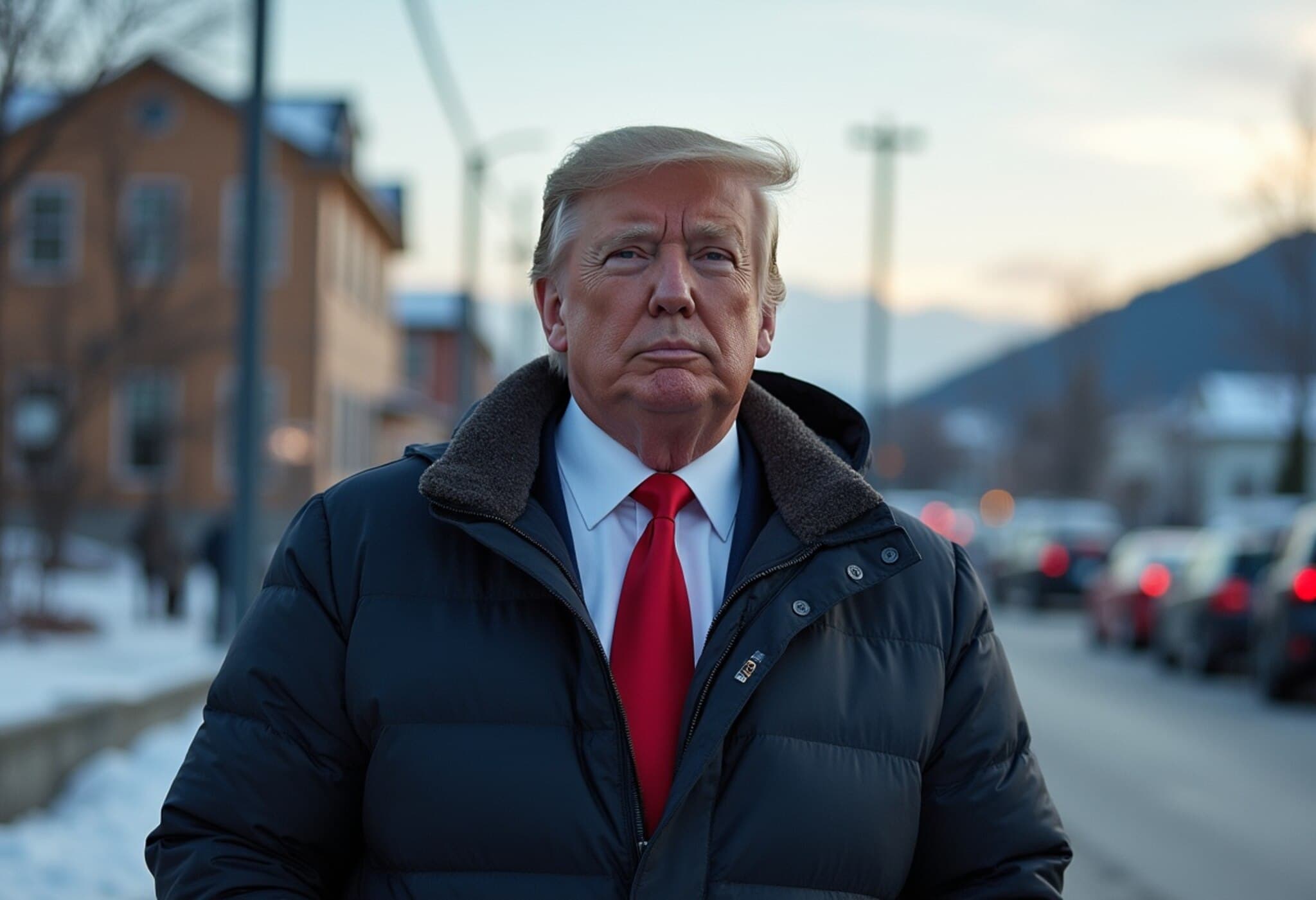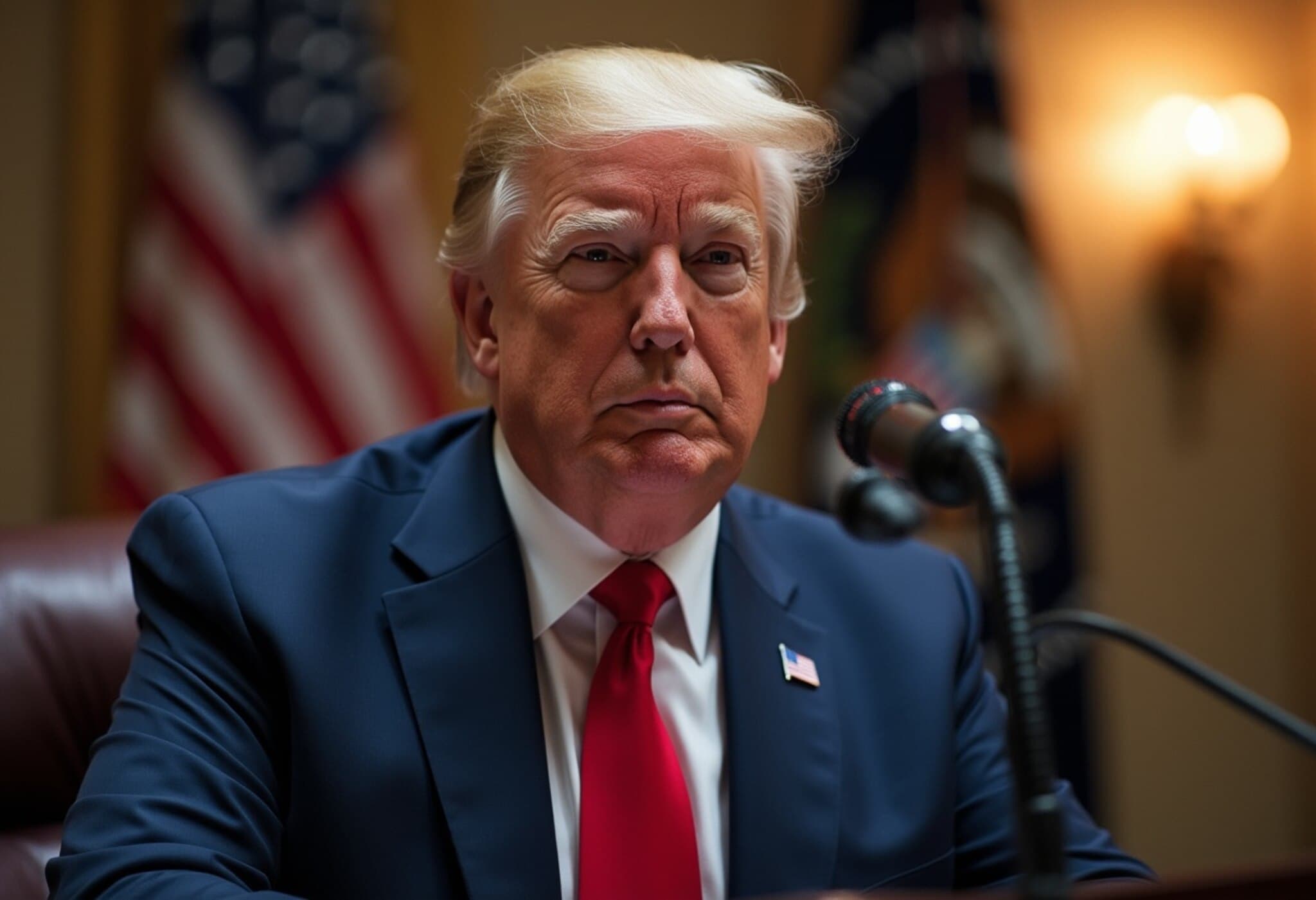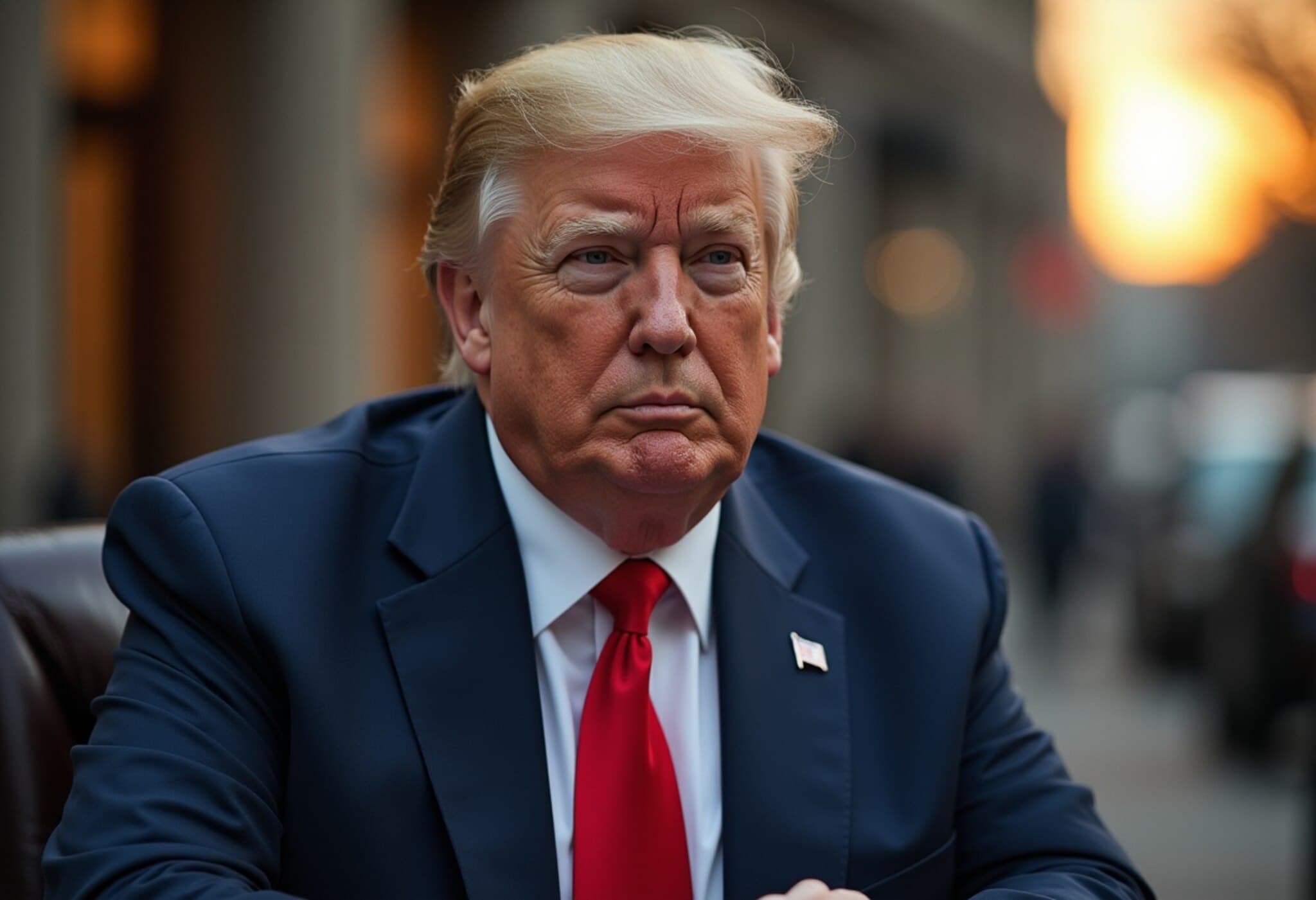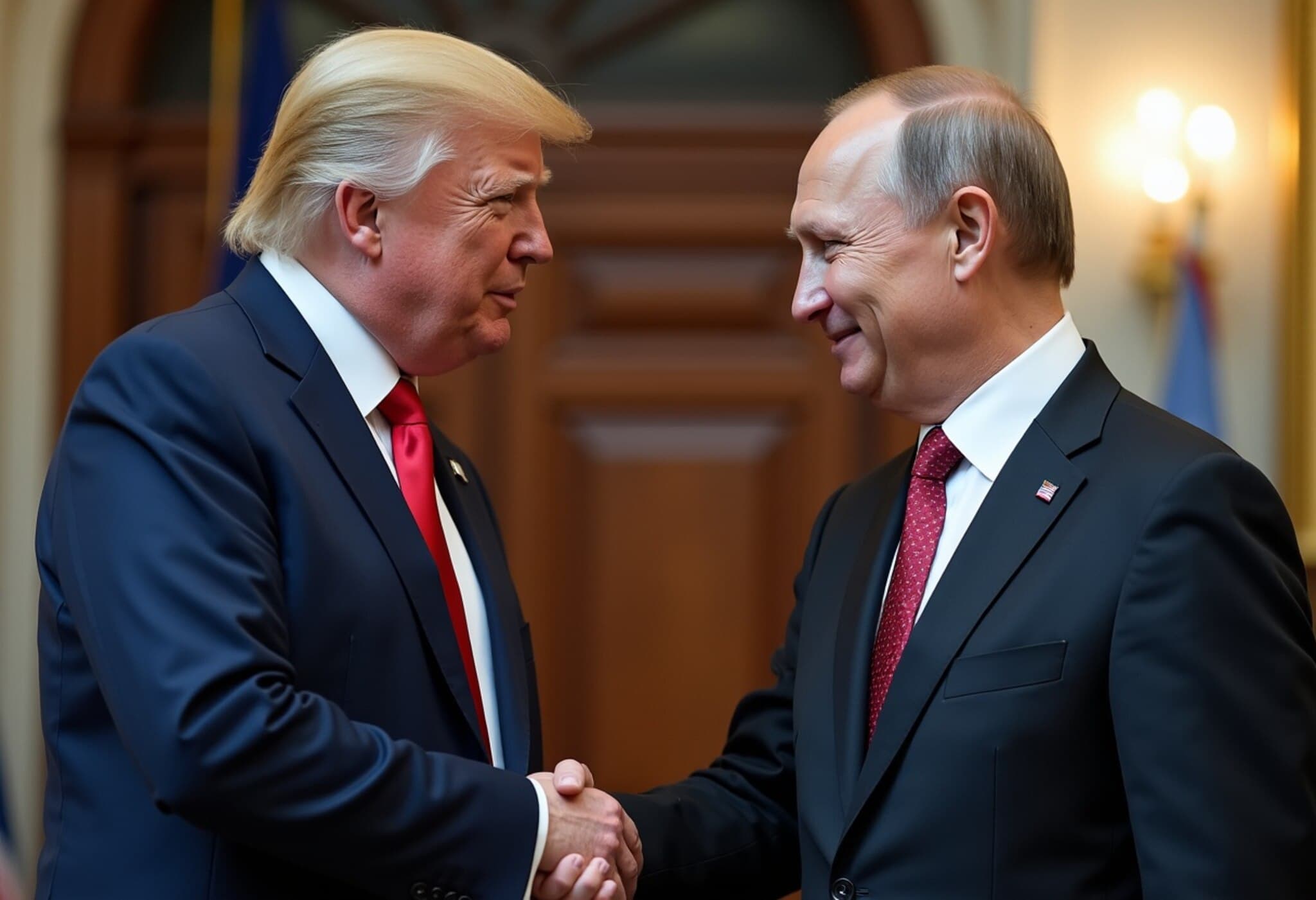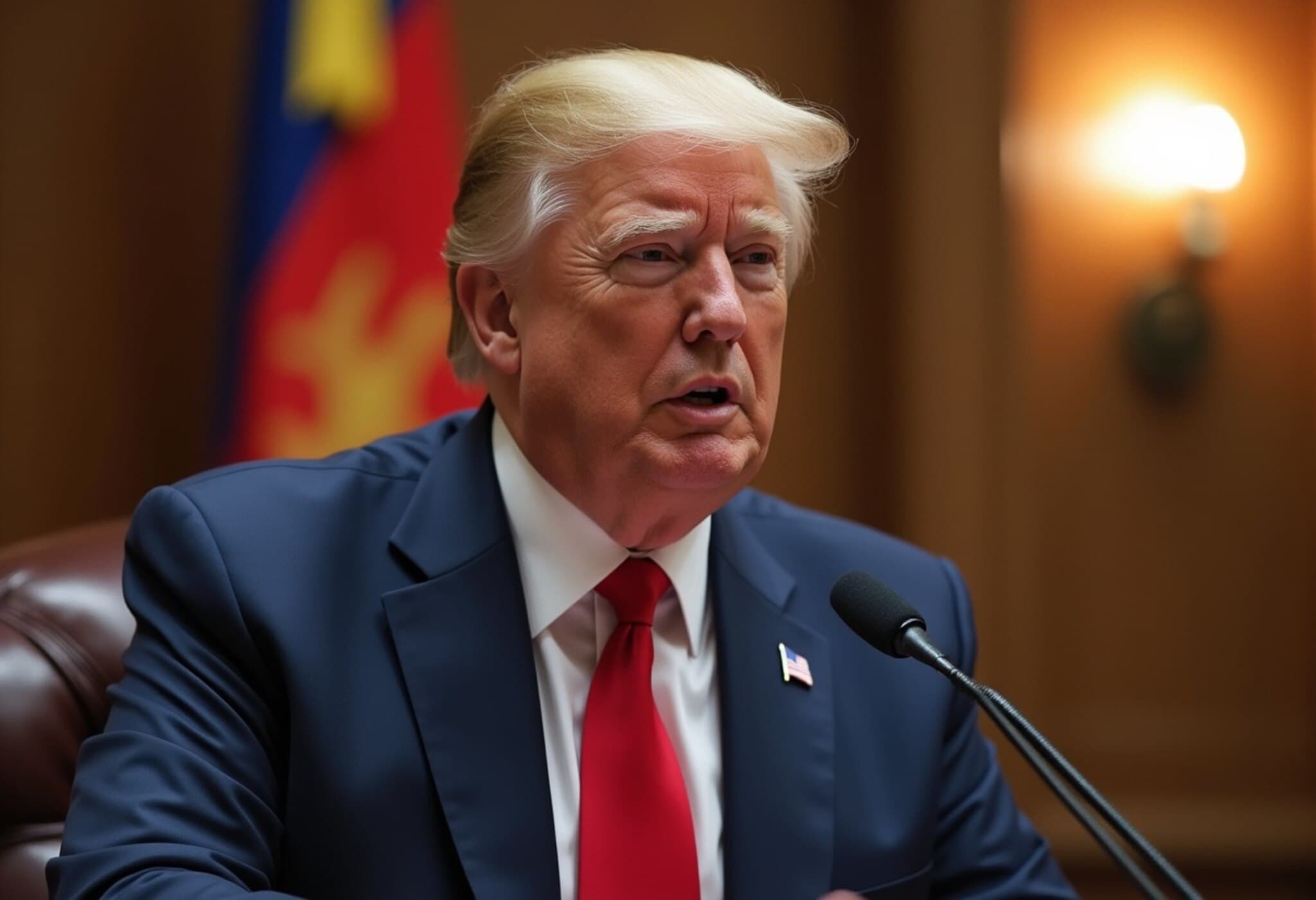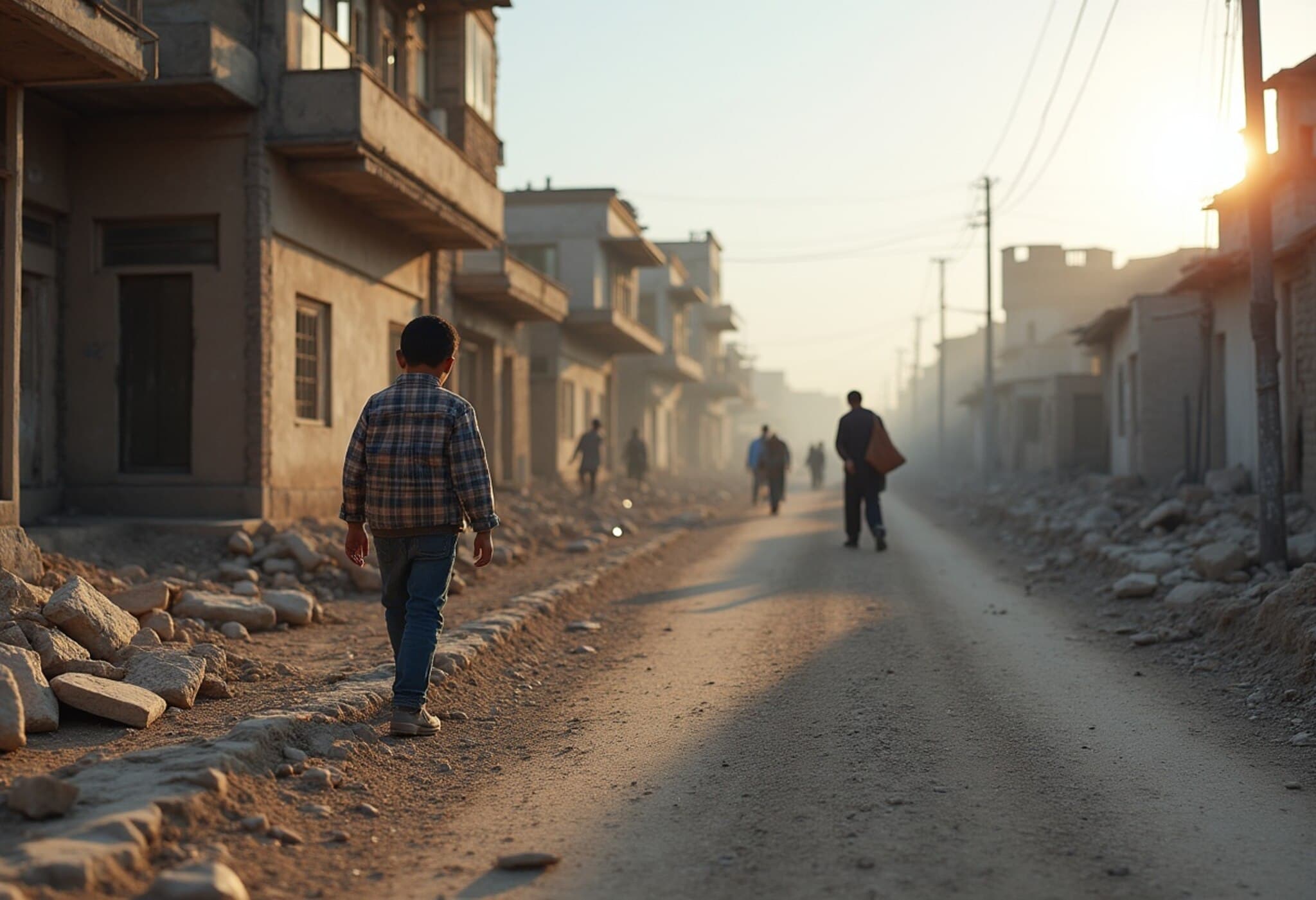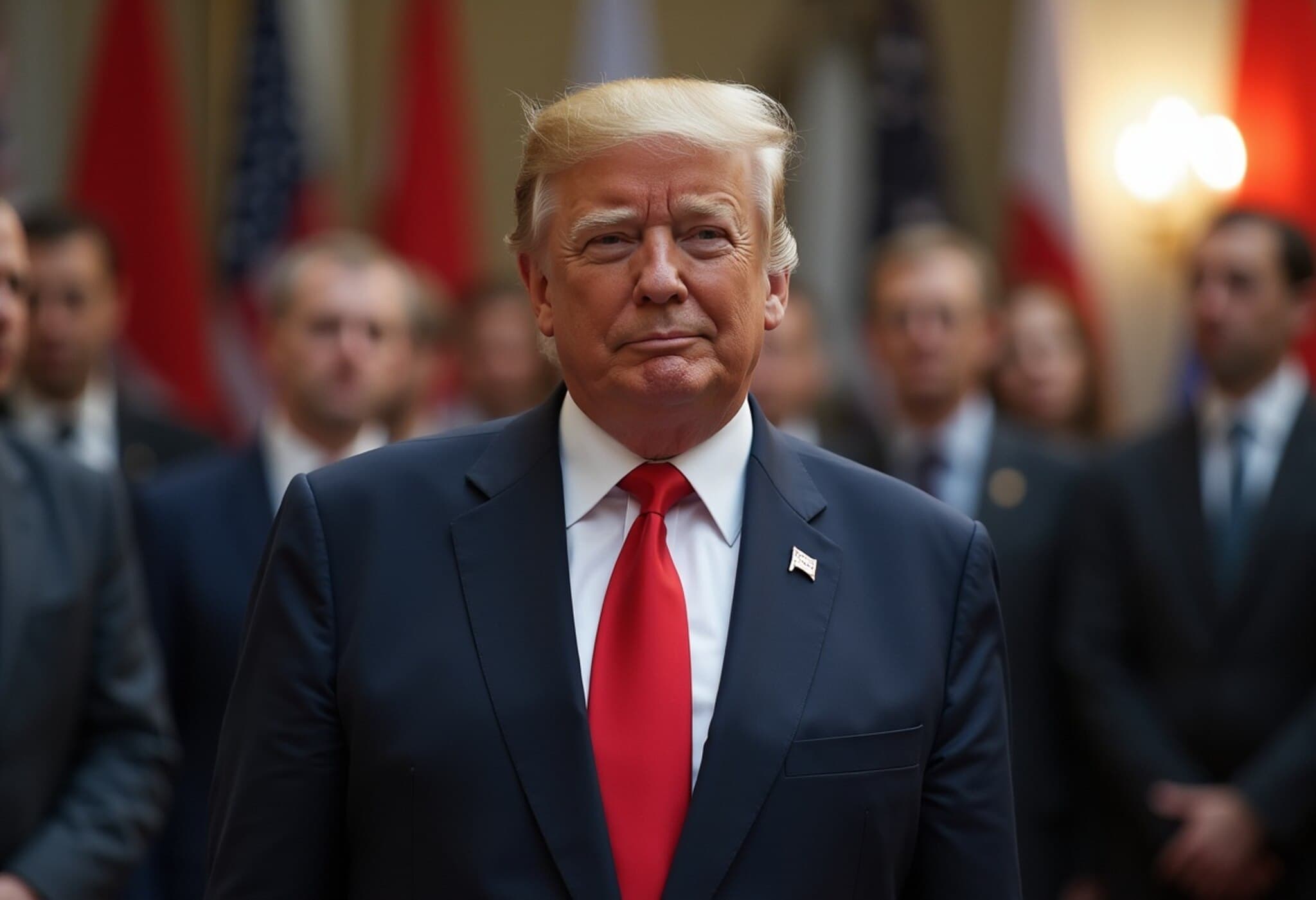Russia Considers Limited Air Ceasefire to Soothe Former US President Trump
As tensions in Ukraine persist, reports suggest that Russian President Vladimir Putin is contemplating a strategic move to temporarily halt aerial attacks in Ukraine. This possible concession appears designed less as a step toward lasting peace and more as a diplomatic play to win favor with former US President Donald Trump, who has outspokenly demanded a ceasefire in the conflict.
Diplomatic Maneuvering Amid Pressing Deadlines
With Trump purportedly setting a firm deadline for a ceasefire agreement, US Special Envoy Steve Witkoff—known for his amicable approach toward Russia—has traveled to Moscow to engage in high-stakes discussions. The Kremlin’s expected proposal to suspend air strikes could serve as a superficial peace gesture, calculated to mollify Trump without offering a comprehensive halt to hostilities on the ground.
The Strategic Calculus Behind a Partial Ceasefire
Experts warn such a limited truce risks becoming a tactical pause. By curbing only aerial assaults, Russia may secure invaluable time to restock its military forces and reorganize without halting the broader conflict’s momentum. As Russia analyst Kseniya Kirillova of the Jamestown Foundation notes, the Kremlin’s ideal approach may involve momentarily freezing hostilities to strengthen its position and later resuming the war under a pretext citing Ukraine’s alleged failure to uphold peace terms.
Trump’s Leverage and Sanction Threats
Adding complexity to the negotiations are Trump's economic pressures. Beyond direct sanctions on Russia, he has threatened secondary tariffs targeting countries like India and China that continue trading with Moscow, particularly in energy sectors. Recent moves include imposing a 25% tariff on India, among the highest rates levied, with more penalties looming if the ceasefire remains elusive.
This economic brinkmanship underscores how intertwined geopolitical conflicts have become with global trade dynamics, signaling potential ripple effects across markets and diplomatic alliances.
Voices from Moscow: A Calculated 'Gift' to Trump
Insight from Moscow insiders echoes the calculated nature of the prospective ceasefire. Sergei Markov, a Kremlin-affiliated political consultant, characterized the move as a "gift" aimed at securing Trump’s goodwill and possibly easing US pressure on Russia.
Such gestures raise critical questions about the authenticity of ceasefire negotiations and the broader implications for Ukraine’s sovereignty and regional stability.
What Lies Ahead?: The Broader Consequences
- Temporary Relief or Strategic Pause? Will the ceasefire lead to lasting peace or merely function as a military regrouping tactic?
- Impact on US Foreign Policy: How will Trump’s involvement and demands reshape America's stance and influence in the ongoing Ukraine conflict?
- Global Trade Repercussions: Secondary sanctions targeting trading partners could reshape economic ties, especially between US allies and Russia.
- Regional Security Dynamics: What will this mean for the European security architecture and NATO’s role?
Editor’s Note
The evolving narrative around a potential Russian air ceasefire highlights the intricate dance of diplomacy, military strategy, and economics in international conflict resolution. While Russia’s gesture might appear as a step toward peace on the surface, the partial nature raises substantial doubts about its sincerity and effectiveness.
Readers should consider the layers beneath headlines: the interplay between political theater and realpolitik, the impact of economic sanctions beyond borders, and the voices that might be sidelined—the Ukrainian people bearing the brunt of these geopolitical games.
This development invites us to critically assess not only the public statements but also the underlying intentions and the longer-term consequences for peace and security in Eastern Europe.

